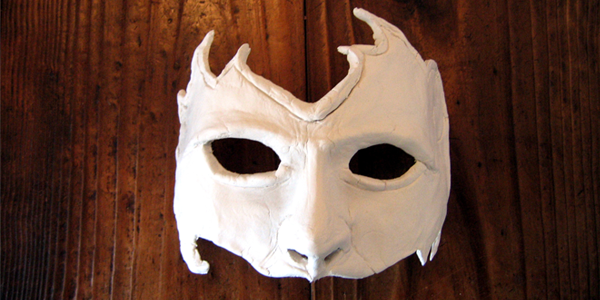I’ve always had a problem with the psalms where David pleads with God to destroy his enemies in graphic ways, like breaking all their teeth or smashing their babies. But lately I’ve been reflecting on the kind of life that David led. Ancient times were much more barbaric than our 21st century life – at least my 21st century life where I live in a safe nation where people are protected, their rights respected, and where leaders are surrounded by secret service agents with the technological ability to ward off threats to their leadership. But as an ancient king, David showed up on the battlefield, risking his own life instead of pushing a button or making a phone call. His children weren’t away at prep school learning how to become politicians but instead were right in his back yard, plotting rebellion. Although he had not taken the throne by force, Saul’s dynasty was a constant threat. As far as foreign policy went, every little nation was shark bait for the larger nations and Israel was a very little nation. The fact that it existed at all was a miracle. Since the threats that David feared were very real, he had to either trust God or descend into the paranoid insanity of other kings – his predecessor included.
Today if I don’t trust God, I certainly could become a paranoid schizophrenic, but it’s more likely that I’ll just trust in the scores of modern blessings available to me, like scientific research, or my job, my education or my financial portfolio. I’m likely to develop the typical view of people who don’t have faith in a Papa God: that I’m basically alone in my struggles, there is no one watching out for me, my sacrifices go unsung and my heartaches go unnoticed.
David’s heart is quite different. He’s honest in the places where he thinks God has let him down, and he acknowledges the times where God has intimately, and amazingly shown up for him. God’s personality hasn’t changed in the 21st century. We’re just less expectant, less real in our dialog with Him. If we were honest, we would talk to him about the ways we think he’s abandoned or punished us. And we would study our lives to see where He has most clearly protected and guided us, either miraculously or through the “ordinary” help of others. Like David, let’s get real enough with God to blame Him and praise Him. At least that way He can answer our doubts and rejoice in our refusal to marginalize His existence.
Cathy Fiorello is a worship leader at Bakerville United Methodist Church. A published poet, she is currently working on a novel that incorporates some of her thoughts about worship. Cathy works as a marriage and family therapist when she isn’t writing or singing. She has five grown children, five grandchildren and has been married to a wonderful man for over 30 years.

